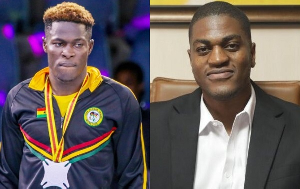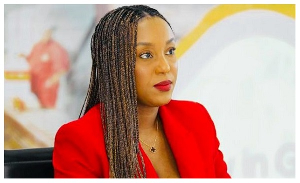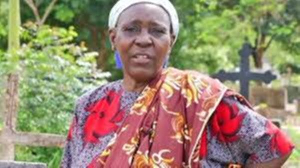The Africa Center for Parliamentary Affairs is predicting a dysfunctional Parliament when the eight Parliament convenes.
It follows the absence of a clear majority in the wake of the closeness in the number of seats the two major political parties currently have.
Out of the 274 seats declared by the EC, 136 of them are for the NPP, the NDC has 136, while there’s one independent Parliamentarian. One seat, the Sene West, is outstanding following an injunction on the process.
The NDC MP’s are insisting they will constitute the majority, a position that has been rejected by the NPP MPs.
Speaking to Starr News, Executive Director for the center Dr Rashid Dramani said the dysfunctional parliament could grind parliament business t a halt.
He said: “If the elections were clearly settled on December 7 and we had a winner that was accepted and a loser that accepted defeat then we would have been saying that even though this is a threat for our country. Indeed I think for most parliaments in Africa, they haven’t seen a situation like this before.
He went on “even as a threat, we would have said that compromise, dialogue, and so on would have made things work. But December 7 came, we had our elections, the issues are still going on. So, if it is the kind of environment we are going to have the eight parliament functioning again, then I think our country should be getting ready for deadlock and a lot of gridlock and feet-dragging because however you look at it, whoever emerges as a majority he doesn’t need very much because what is going to divide the two parties is going to be one or two seats.”
“What it would mean for the work of government is we’ve heard from far away places, where there is a total breakdown, nothing is really happening because congress can not come together and agree on a number of issues especially when it comes to budgetary matters and so on. And these were things we were hearing from quite distant places but these are looking now like they are realities for our eight parliament.”
He maintained that what we are likely to have is not a weaker parliament, but maybe a dysfunctional Parliament, “that is what we are likely to have.”
“For me, I think December 7, Ghanaians sent a very clear message that they were not satisfied with the status quo,” he added.
General News of Tuesday, 15 December 2020
Source: starrfm.com.gh

















